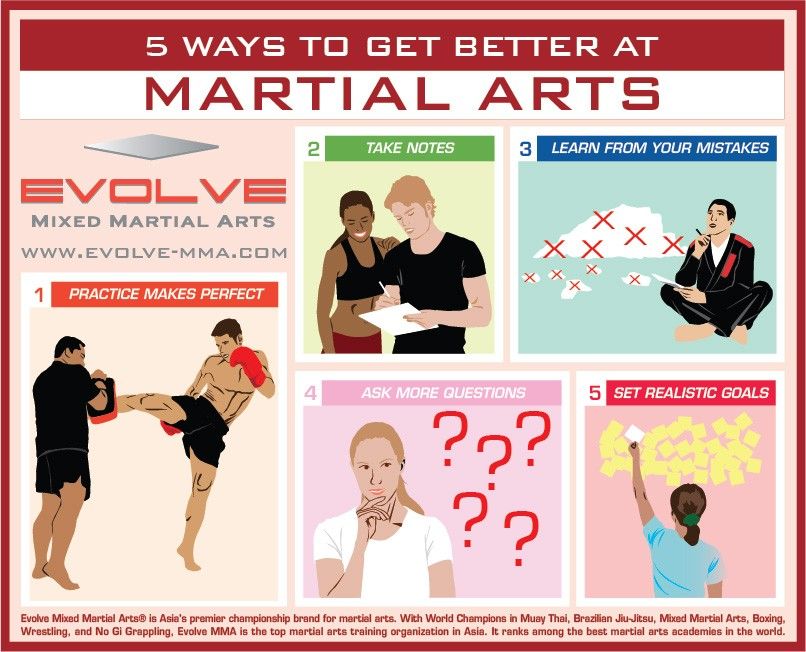The Development And Progression Of Martial Arts: Tracing Its Origins From Ancient Times To Contemporary Practices
The Development And Progression Of Martial Arts: Tracing Its Origins From Ancient Times To Contemporary Practices
Blog Article
Article By-Brooks Sun
Step into the world of martial arts, where ancient origins and contemporary strategies clash in an exciting journey of technique and self-discovery.
As you delve into the history and evolution of this exciting art form, prepare to be astounded by the social influences, technological developments, and profound philosophy that have shaped it over centuries.
From dui defense attorney near me of battles of old worlds to the training premises these days, martial arts have stood the test of time, frequently adjusting and growing.
Each strike, each activity, brings with it the weight of many years of practice and knowledge, passed down with generations. This is a story of resilience, of warriors who sought not just physical expertise, but also self-confidence and harmony.
Join us on this impressive exploration as we uncover the keys, the tales, and the transformational power of martial arts.
Prepare to be influenced, challenged, and permanently altered by the background and advancement of martial arts.
Cultural Influences on Martial Arts
As you check out the background and evolution of martial arts, you'll quickly find the fascinating ways in which cultural impacts have actually shaped these combat strategies.
From the old people of China and India to the much more current developments in Japan and Brazil, martial arts have actually been heavily influenced by the cultures in which they came from.
For example, Chinese martial arts, such as Martial Art and Tai Chi, are deeply rooted in the approach of Taoism and the idea of Yin and Yang.
In contrast, Japanese martial arts, like Martial arts and Judo, mirror the samurai warrior practices and the values of discipline and honor.
In a similar way, Brazilian fighting style, Capoeira, integrates elements of African dancing and songs, mirroring the cultural heritage of African slaves in Brazil.
These cultural affects not only offer each fighting style its unique characteristics yet additionally offer a deeper understanding of the historic and social contexts in which they progressed.
Technical Advancements and Martial Arts
With the rise of sophisticated weaponry and innovative training devices, you've been able to improve your skills and adjust to the ever-changing battle landscape.
Technological innovations have revolutionized the method martial arts are practiced and educated. good drug lawyers near me enable you to train in sensible fight scenarios without the risk of physical harm. High-speed cams capture every action, enabling you to analyze and ideal your methods. Wearable gadgets check your heart rate, breathing, and muscular tissue activation, offering instant feedback on your performance.
In addition, the advancement of specific tools, such as resistance bands and dexterity ladders, has actually allowed you to boost your rate, stamina, and dexterity. These technological innovations have not just made training a lot more efficient yet have actually likewise pushed the borders of what is possible in martial arts, enabling you to reach brand-new heights in your practice.
The Ideology and Concepts of Martial Arts
The philosophy and principles of martial arts are deeply rooted fit your frame of mind and instilling self-control, focus, and respect in your method.
1. Attitude: Martial Arts teaches you to create a strong and resilient frame of mind. It allows you to get rid of obstacles both on and off the floor covering, pushing your limitations and being determined when faced with adversity.
2. Discipline: Martial Arts demands discipline and self-constraint. Through regular training and adherence to strict guidelines and techniques, you discover to manage your impulses and establish a solid job ethic.
3. Emphasis: Martial Arts needs extreme focus and focus. By training your mind to be existing in the moment, you enhance your ability to react promptly and properly during combat situations.
4. Respect: Martial Arts stresses regard for oneself, instructors, training partners, and opponents. It teaches you to value the skills and experiences of others, cultivating a feeling of camaraderie and sportsmanship.
Final thought
Congratulations on completing your trip with the captivating world of martial arts! Throughout this expedition, you have experienced the rich history and remarkable development of these fight techniques.
From their old beginnings to the modern methods we see today, martial arts have actually been shaped by cultural influences.
The combination of technology has additionally played a considerable role in changing the means martial arts are taught and exercised in the present day.
Nevertheless, it is essential to bear in mind that martial arts are greater than just physical fight. They encompass extensive ideologies and leading principles that go beyond the simple act of combating.
Take a minute to reflect on this anachronistic journey and appreciate exactly how the heritage of martial arts remains to prosper in the here and now, going beyond time and limits.
